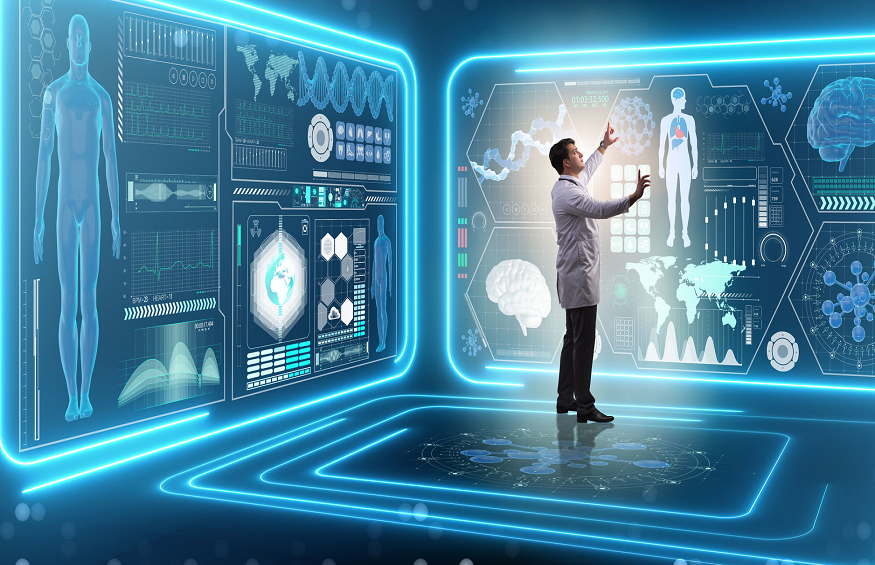Artificial intelligence technologies are increasingly becoming popular in modern everyday life, including their application in the healthcare industry. The use of AI healthcare technology can assist healthcare providers in several aspects of patient management and administrative tasks. While some articles suggest that AI healthcare can do just as well as humans at specific procedures, like diagnosing disease, it will take several years to replace health specialists for a wide range of medical procedures.
But for many people, it is still not clear what AI healthcare is all about and its benefits. Here are some AI healthcare benefits.
Machine Learning
This is among the most common type of AI in healthcare. Machine learning is a broad technique at the center of several approaches to AI healthcare technology, and there are several versions of it. Being able to tell the procedures likely to be appropriate for treatment based on the patient’s makeup is a huge step forward for healthcare organizations.
Natural Language Processing
Interpretation of human language has been one of healthcare technology and artificial intelligence goals for more than fifty years. Most natural language processing systems include speech forms recognition or analysis of texts and then translation. NLP systems analyze unstructured notes on patients to give reliable insight in improving methods, understanding quality, and better patient results.
Rule-based Expert Systems
AI healthcare technology is widely applied in clinical decision support to date. Many EHR systems nowadays avail a set of rules for the software offerings.
Expert systems entail human engineers and experts to build a series of rules in a particular knowledge area. But as rules become more and more, the rules can start to conflict with one other and fail to work.
Diagnosis and Treatment Applications
Diagnosis and treatment have been at the core of AI in healthcare for many years. Early rule-based systems could accurately diagnose and treat illnesses but were not entirely accepted for clinical practice.
But whether rules-based, using AI in healthcare for diagnosis and treatment can be difficult to marry with EHR systems and clinical workflows. Integration challenges have been a considerable barrier to the adoption of AI healthcare technology compared to the accuracy of suggestions.



